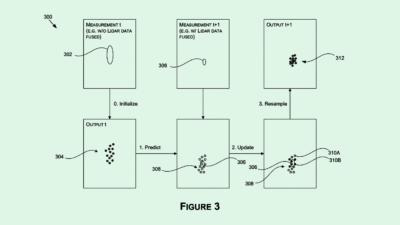
Sign up for smart news, insights, and analysis on the biggest financial stories of the day.
If you’ve ever seen a big charge on your card statement for a trial subscription that you forgot to cancel, and thought “This is criminal!” then you’ll be happy to know some British lawmakers agree.
On Tuesday, the UK announced the Digital Markets, Competition and Consumers Bill (DMCC), which is designed to penalize tech giants for a range of aggravating consumer experiences on their platforms. If it becomes law, companies could be fined up to 10% of their annual revenue.
Biting Off Less
The UK government has long struggled to reign in Big Tech. Its flagship Online Safety Bill, which has been in the works for years, is a tangled yarn ball of policies that takes aim at wildly disparate parts of the internet, ranging from scam ads, to age-gating adult content, to basically breaking end-to-end encryption.
But while the new DMCC bill also covers multiple fronts, it also narrows its focus down to the kind of low-level but pervasive frustrations experienced by many online consumers. Professor Victoria Nash, Senior Policy Fellow at the Oxford Internet Institute, told The Daily Upside the new legislation looked promising as it takes a narrower approach than the Online Safety Bill. This more pragmatic approach is also potentially more worrisome for tech companies:
- The bill would create a new division inside the UK’s competition watchdog, and give it the power to take swifter and more decisive action on things like failure to take down fake reviews, so-called “subscription traps” (i.e. when companies make it unnecessarily hard to stop a subscription), and pressure-selling.
- That said, it would only apply to companies with annual global revenue exceeding £25 billion, or £1 billion of UK-based revenue. If it passes through Parliament, it’s expected to go into force next year.
Nash said in an ideal world, the more granular DMCC would co-exist with some over-arching legislation akin to the Online Safety Bill — albeit more future-proof. “The big swing is necessary because there is something fundamental about the business models underlying these companies,” she said.
Garden Problems: Meanwhile, tech giants still reign supreme in America. Mostly. Apple emerged largely victorious over Fortnite maker Epic Games this week in the companies’ legal battle over the iPhone maker’s so-called “closed” App Store policy, though Epic did get in one last shot. The court ruled against Apple’s anti-steering rule, which says app developers can’t direct customers away from the App Store to pay for in-app purchases, sidestepping the 15-30% cut Apple takes on those purchases. Between that and the EU forcing it to bring back the USB-C charging port, Apple’s walled garden is going to need some serious weeding.











